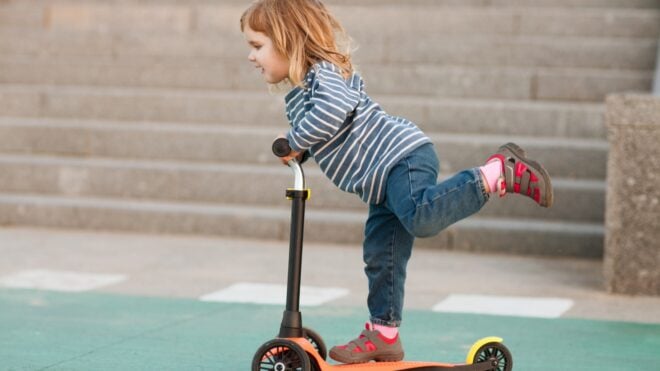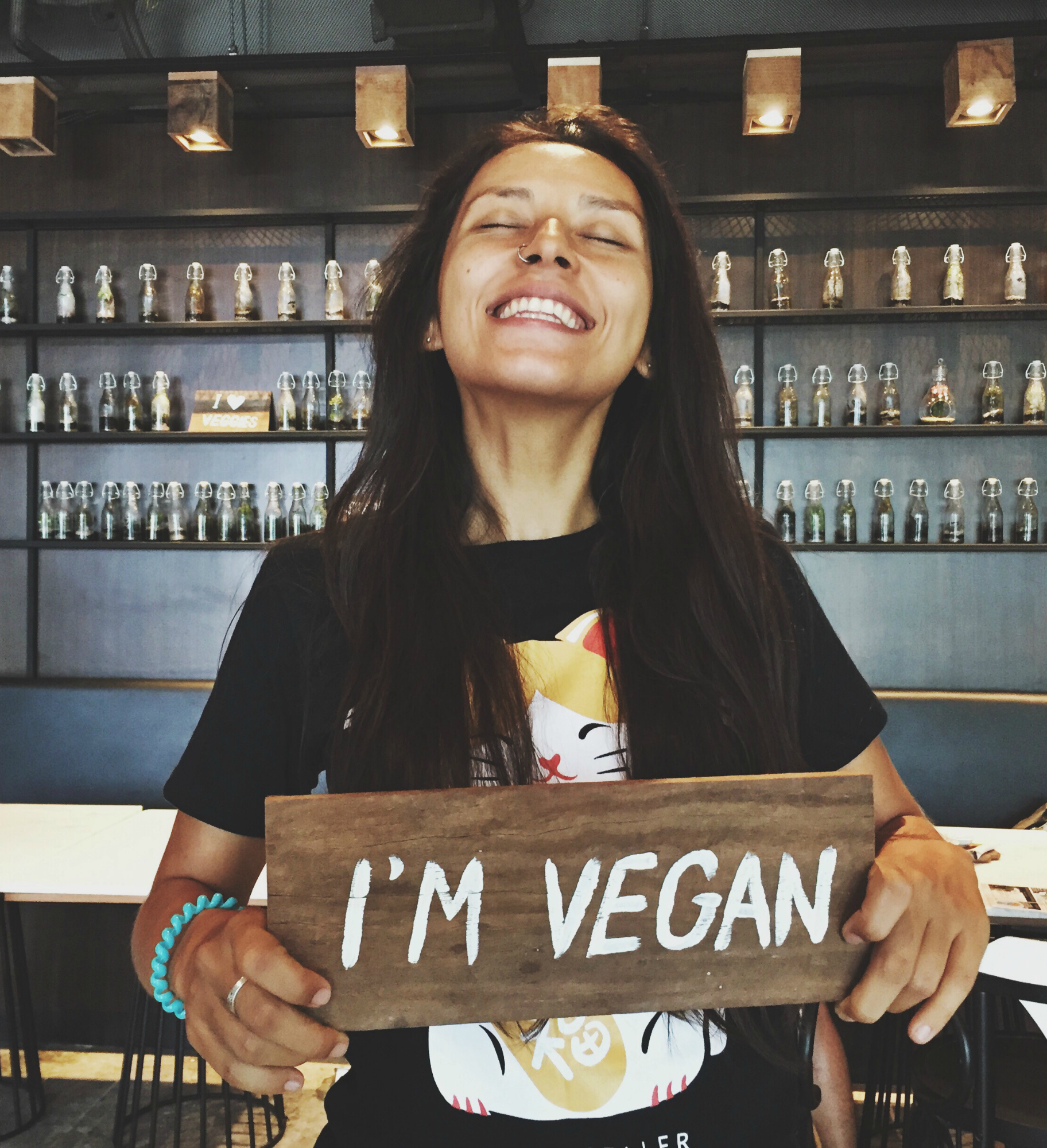
Sleep Tech
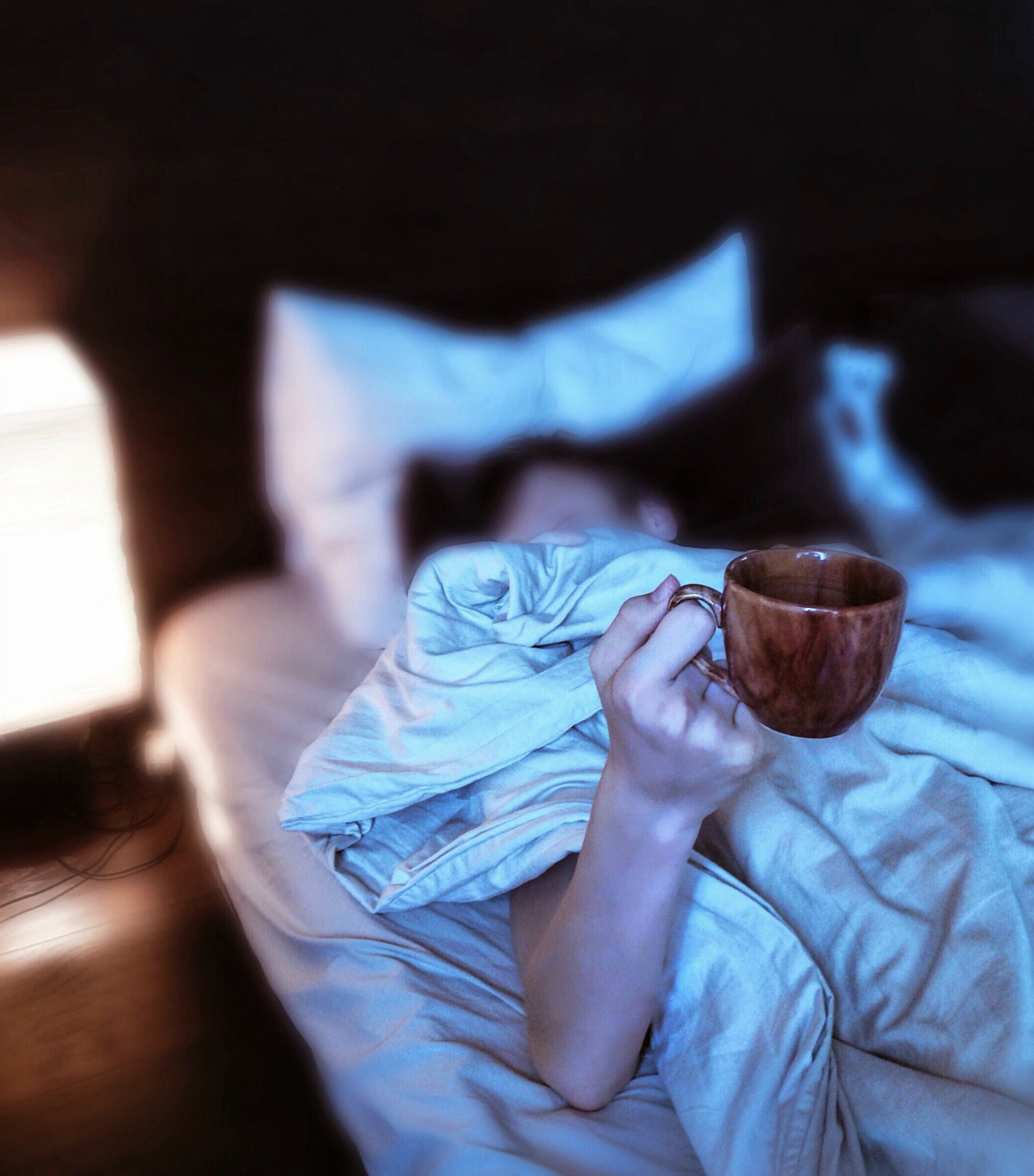
We're already thinking about health and fitness goals for the new year, and that's got us thinking about health trends we tried to embrace but can't wait to leave behind in 2018.
Like wired-up tech in our beds: smart pillows, smart duvets, recovery sleepwear. Even our fitness tracker's sleep features are driving us nuts. It's all so expensive and the results are just more information that we're not going to bed early enough. Smarter sleep next year will be sticking to a schedule, actually getting 8 hours of rest, no more screens in the bedroom but way more in the way of cozy PJs.
Fitness Trackers
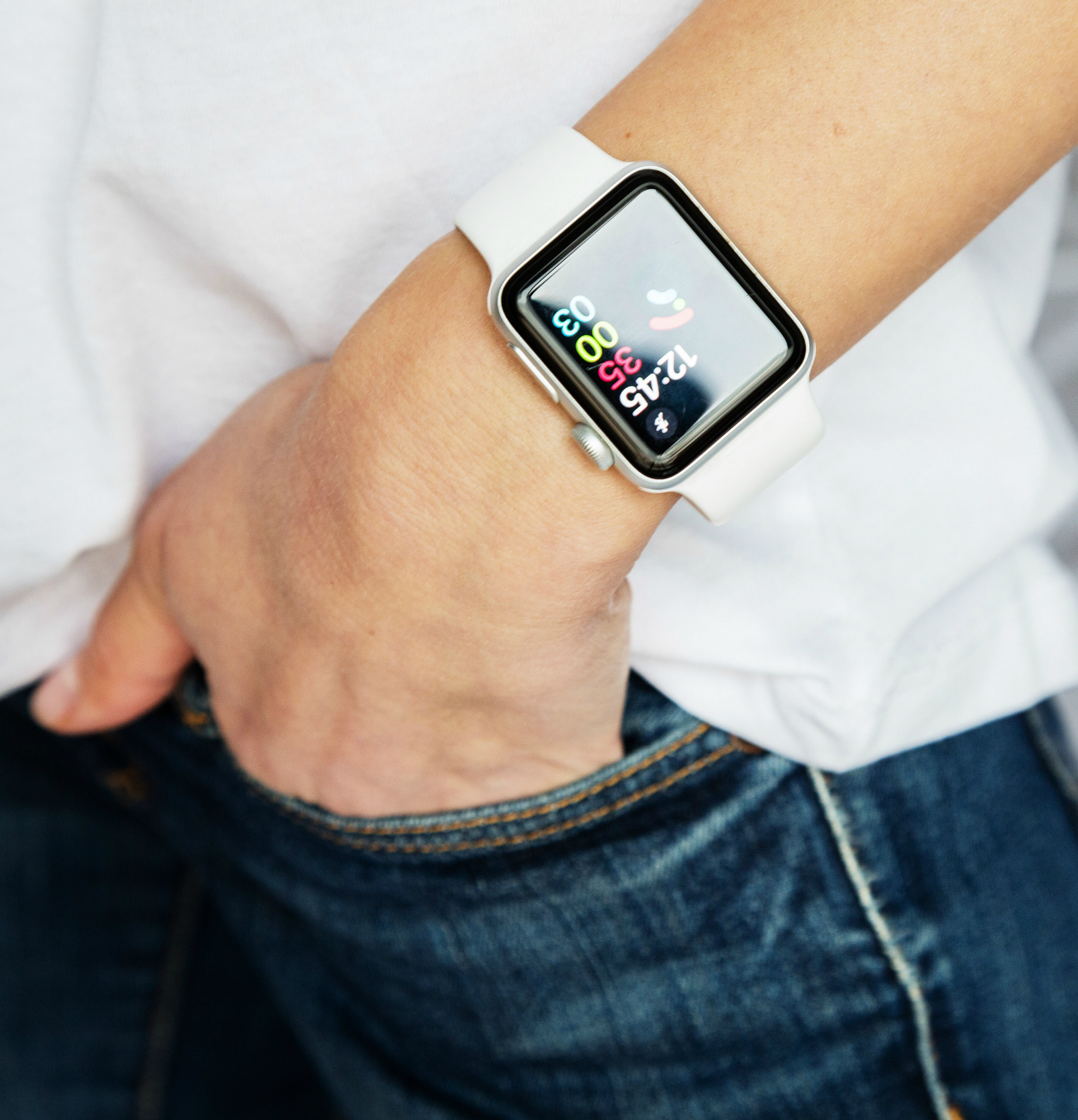
This is the year we're going to start collecting less data on ourselves. After wearing a fitness tracker for years, 2019 will be wrist-free exercising. We already know what 10,000 steps looks and feels like. We never did need the lap swimming info. And the fact that it sends our data … where? Where does it send our data?! Plus, fitness trackers don't even work, apparently! Let's get back to the basics.
Kombucha
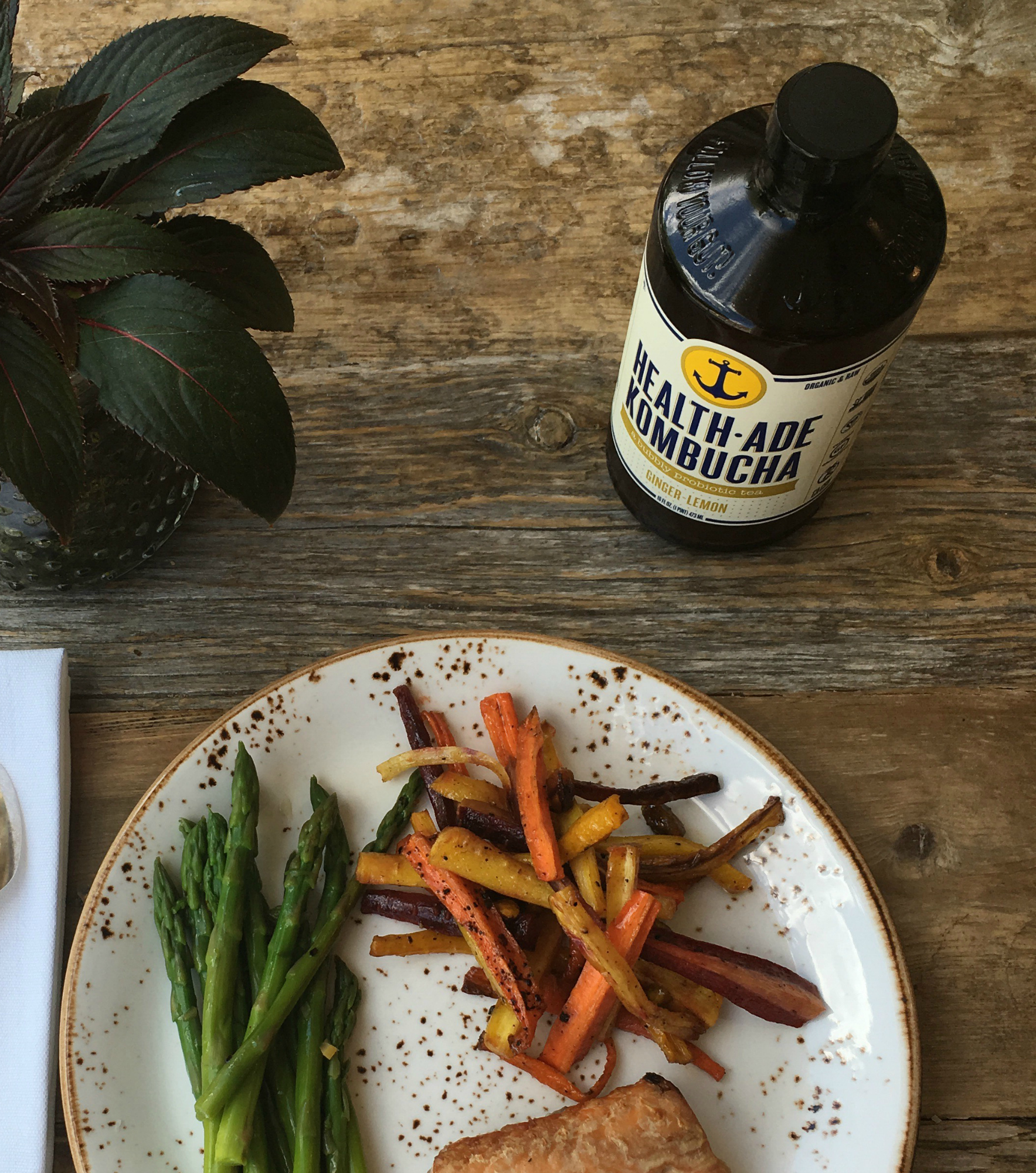
Kombucha set the health drinks market on fire this year, but we're already done with it. It's expensive, contains sugar, caffeine and alcohol (though in smaller amounts than, say, beer) and may promote the growth of bad kinds of bacteria (so avoid if you have a weak immune system). There's also no evidence they're the miracle elixir they're sold as. We're going back to water.
Added Probiotics
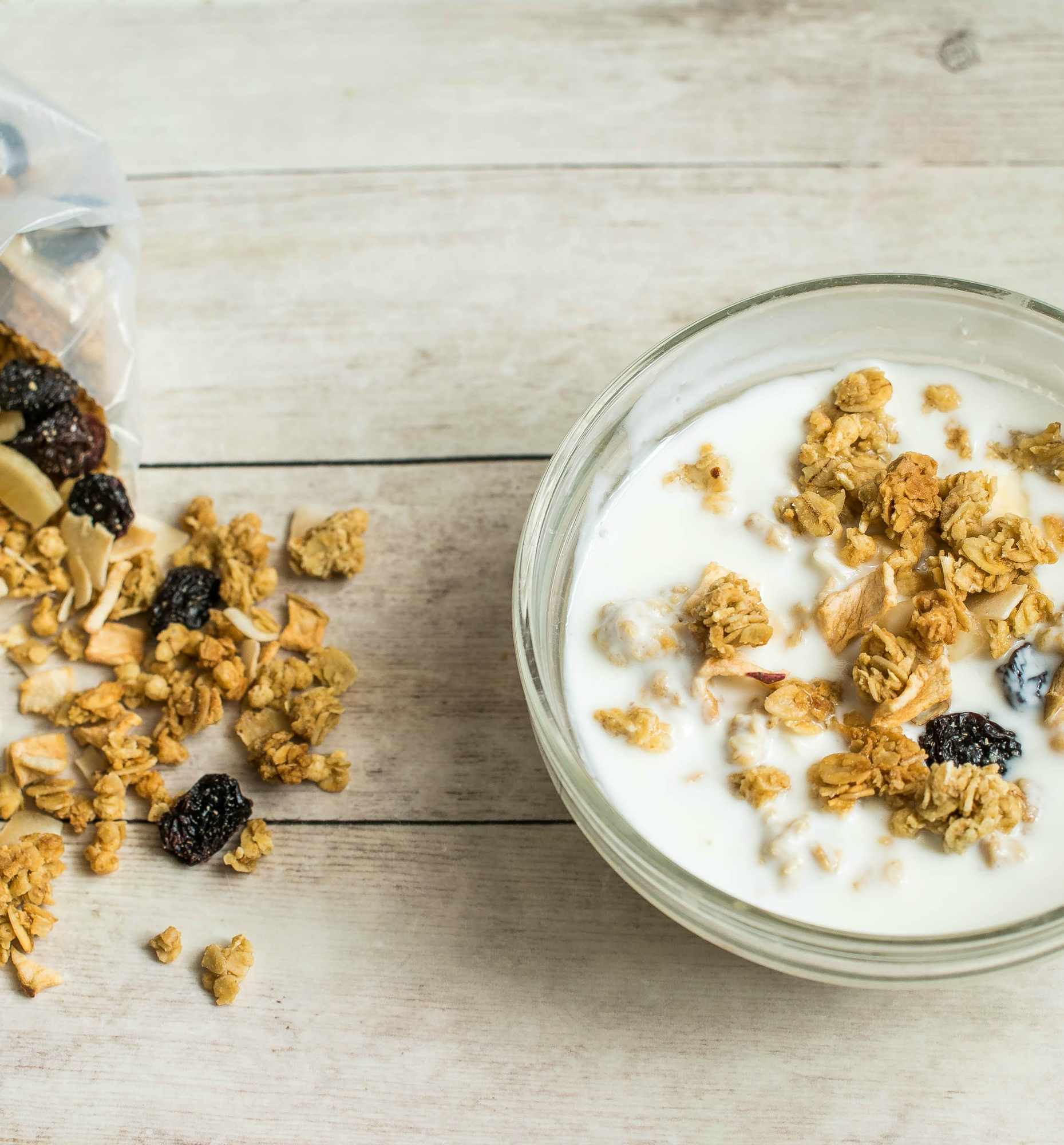
Probiotics are added to everything from granola to face cleanser, and we're no longer interested. Sure, we'll keep eating naturally probiotic-rich foods (they taste good!), but there's no evidence food fortified with probiotics are any better for your gut health than if they weren't there at all. We also don't like paying the probiotic markup.
Superfoods
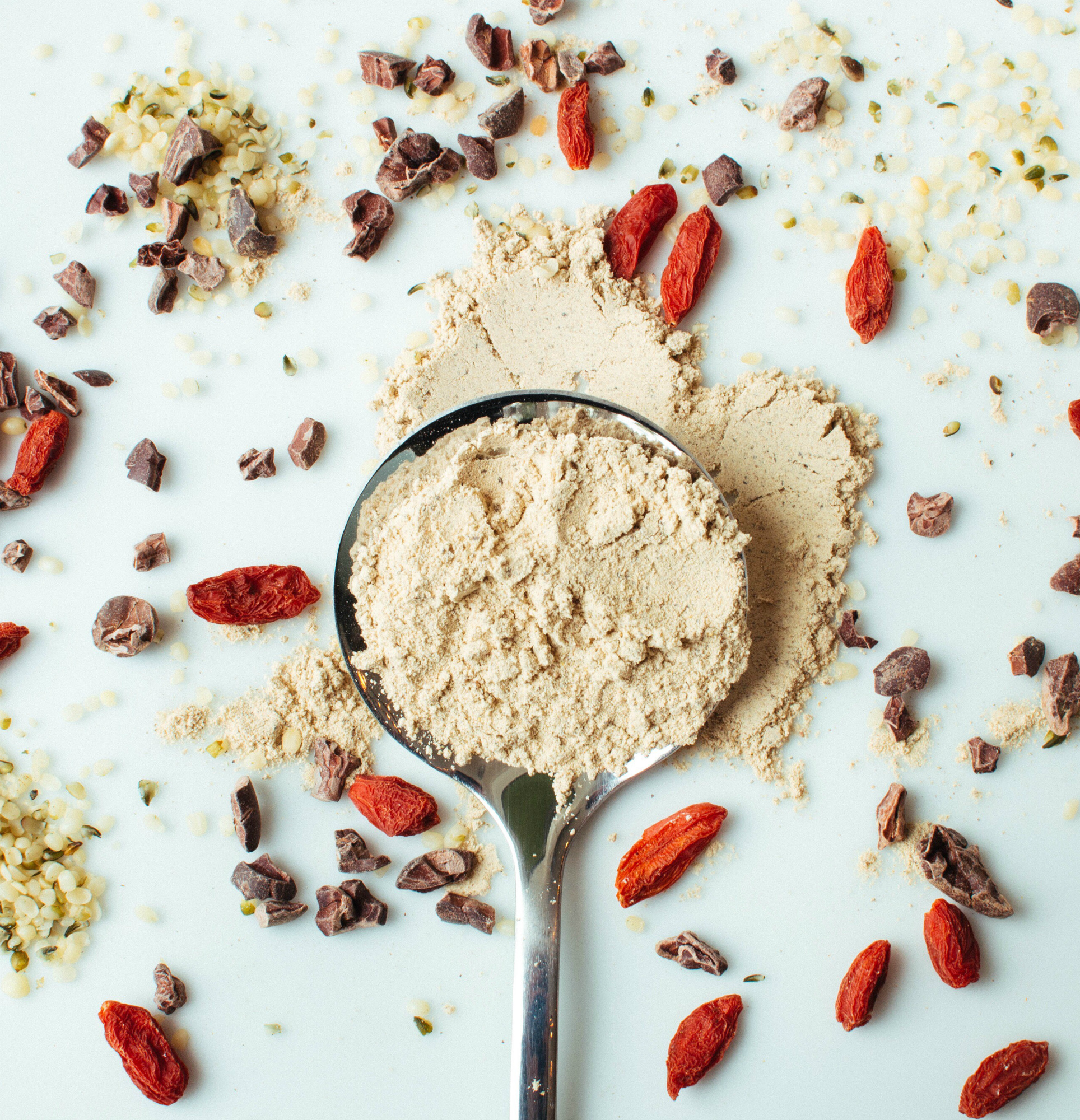
We love superfoods but claims about how power-eating them is going to make over our health are pretty unsubstantiated. We're only going to consume the ones that we love: blueberries, kale, chia seeds, etc. Overpriced goji berries and bleh maca powder? Eh, we'll go without.
'What the Health' Viewings
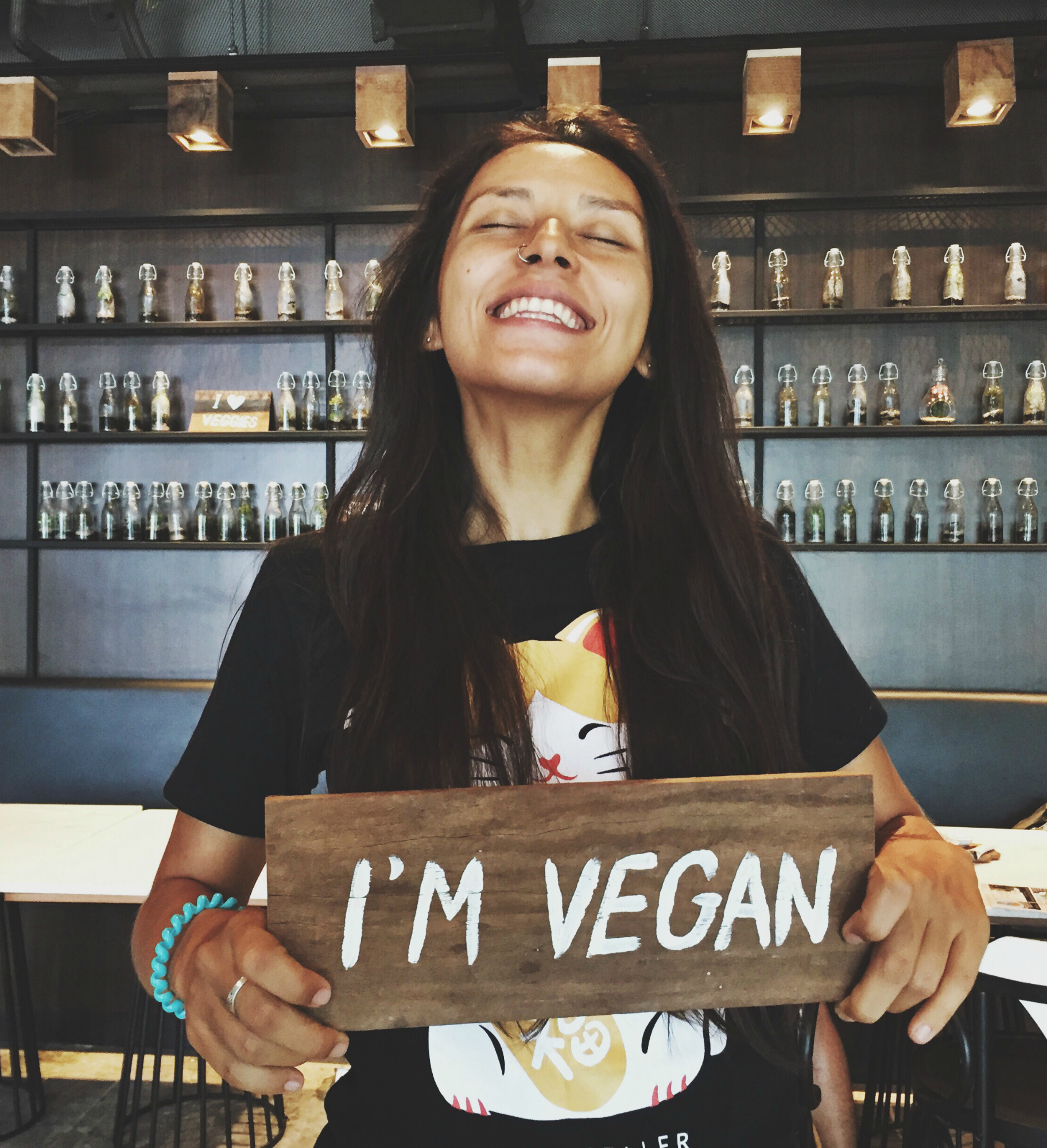
People going vegan after watching "What the Health" seemed to peak in 2018. The movie appeared to connect worsening health trends with the consumption of animal products, but the filmmakers cherry-picked studies and interviewed health professionals with bias against omnivores. Next year, we're hoping to see more weekend veganism or arguments for that way of eating that center on the health of the planet.
Caffeine Water
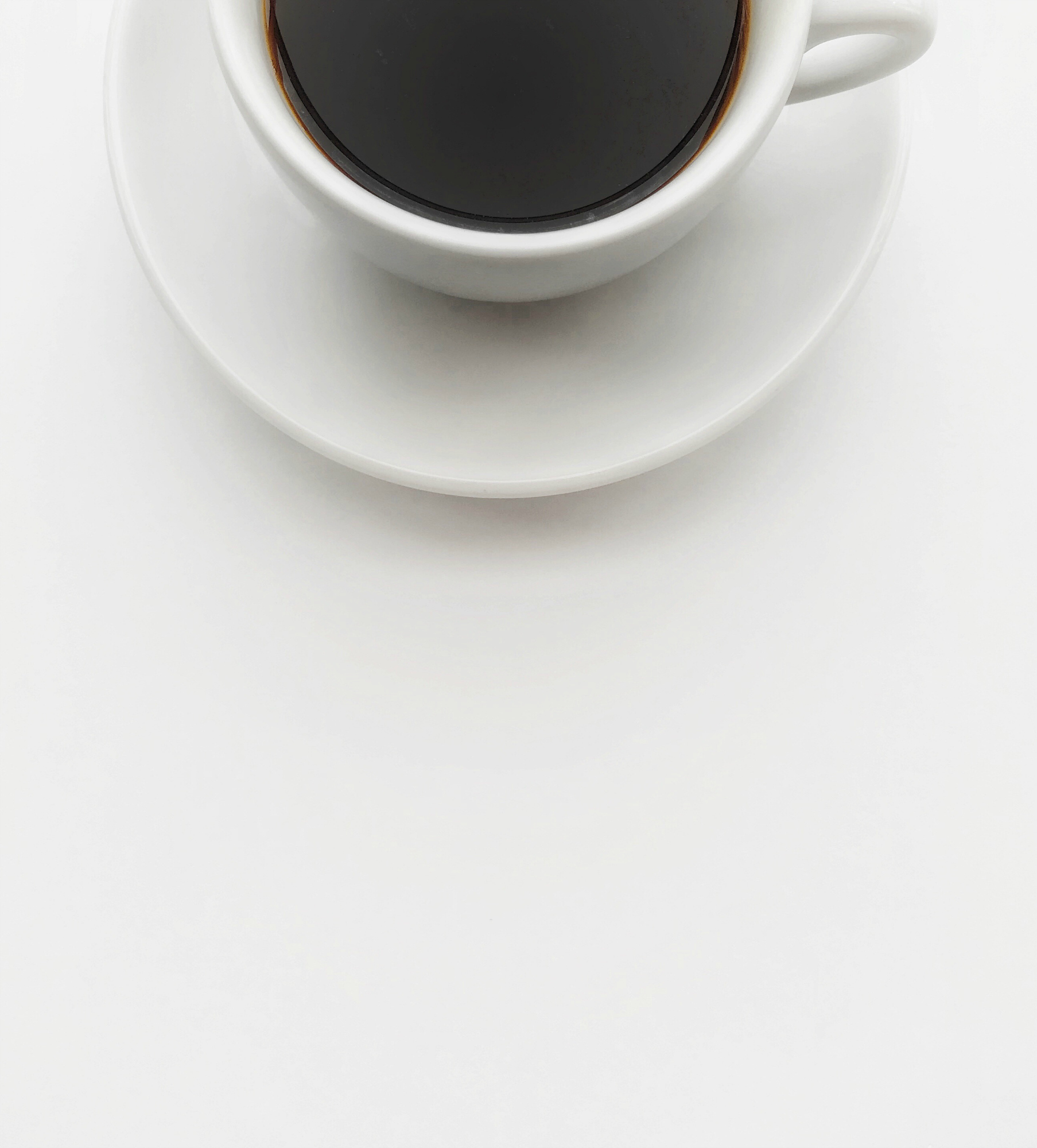
Caffeine water has been around for a few years but it really started showing up in 2018. For us, caffeine water is called "coffee" and you can pry it from our cold, dead hands. As for water with caffeine? No more.
Designer Vitamins
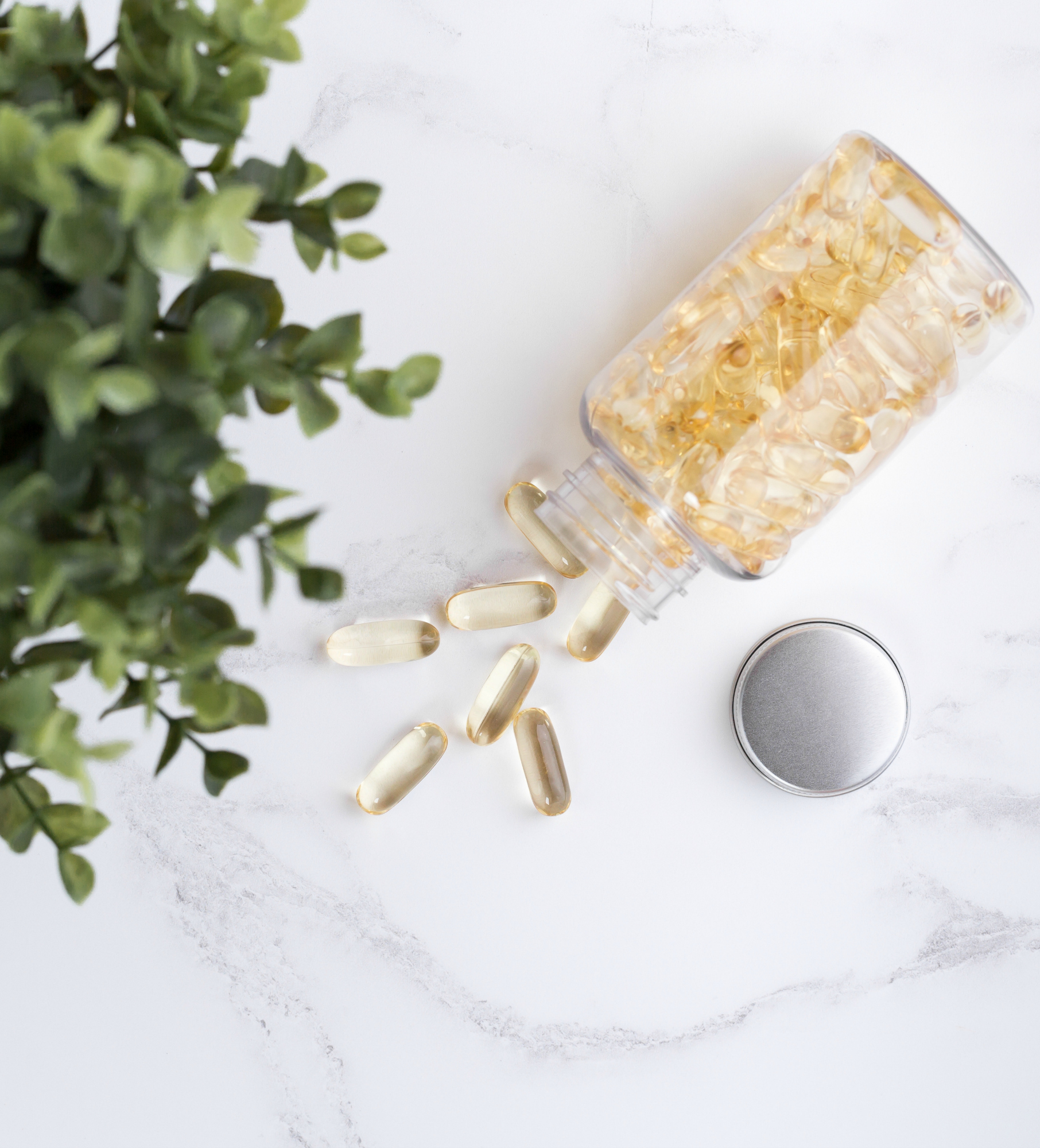
There's no irrefutable evidence that vitamins and other nutritive supplements improve our health, yet they're big business—especially for niche lifestyle brands that make us gasp at the price they'll sell their designer supplements with unclear effectiveness.
Instagram Gurus
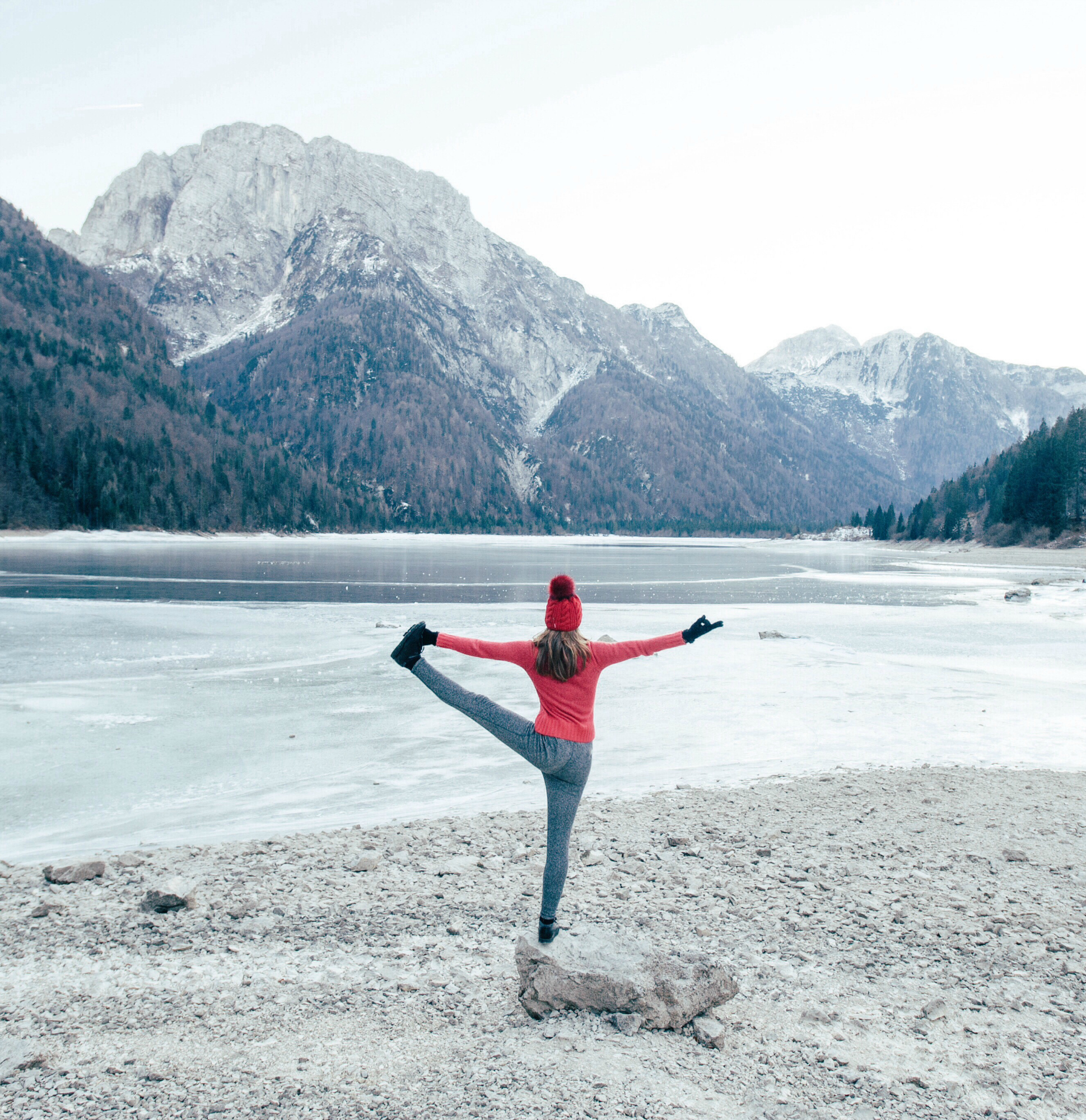
We're spending the time between Christmas and New Year's unfollowing lifestyle brands and fitness gurus on our Instagram accounts. Nothing wrong with folks who are making their living posting videos and inspirational quotes, but the fact that they leave us feeling blah and haven't motivated us much means we need to find some other way to our fittest selves.
Seltzer Waters
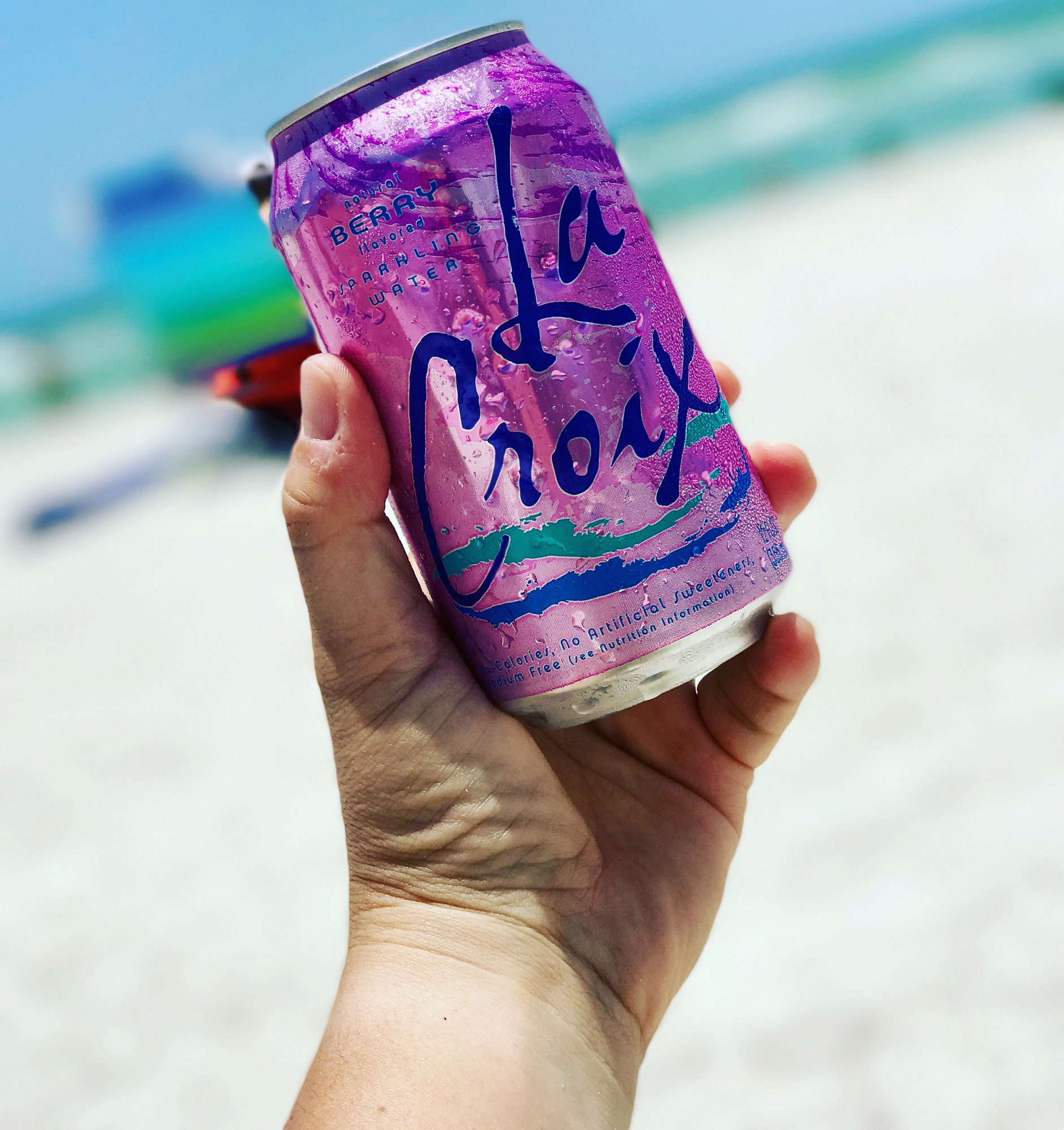
Seltzer waters like La Croix appear to be more common than Coke or sometimes flat water. This year was no exception, but we're walking away from the drinks bucket and passing on this potentially teeth-wrecking beverage.


